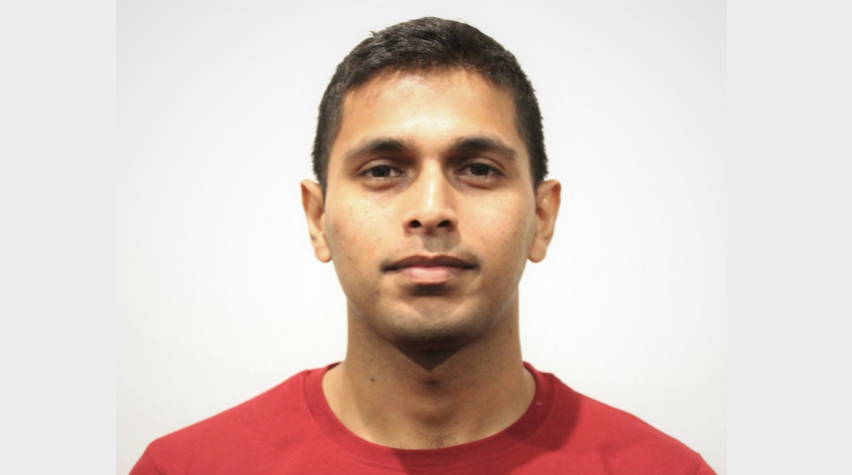
Welcome to the latest in a series of AIChE blog posts profiling process engineers, a diverse group of professionals spanning multiple industries and regions. In this series, we profile process engineers who work in diverse fields, including petrochemicals, pharma, bulk chemicals, food, or any process-intensive industry.
Are you a member and process engineer interested in being profiled? We’d love to hear from you via this volunteer opportunity. Please also check out our online discussion group specifically for process engineers. You can find out about these initiatives and join our efforts by visiting https://www.aiche.org/processengineering.
This month, we introduce you to Sankhadeep Sarkar, a prior senior process engineer and current PhD student at Texas A&M University. He discusses the road that led him to process engineering, challenges, and the importance of his work.
Tell us a bit about your work as a process engineer.
I have worked as a senior process engineer in a refinery. My experience involved monitoring regular operation, troubleshooting process bottlenecks, and providing real-time solutions. Later, I worked on greenfield projects for cleaner fuels. During this entire period, I had the opportunity to work on different technologies such as fluid catalytic cracking, LPG treatment, steam methane reforming, and sulfur recovery.
Process engineering is at the core of any industry.
Why did you become a process engineer?
During my bachelor’s in chemical engineering, I was fascinated by applied courses such as unit operations, plant design, and process intensification. These courses, accompanied by my internship in a petrochemical industry, accentuated my interest in process design, operation, and troubleshooting of different downstream processes using fundamental chemical engineering courses. After graduating, I was selected as a process engineer by a prestigious oil refining company.
What were some of the biggest challenges you faced in your role as a process engineer?
The challenges as a process engineer are varied. Initially, I had to monitor normal operations such as troubleshooting bottlenecks for smooth plant operation. This involved continuous communication with the operation team.
Additionally, I had to find new areas of process improvement, such as optimum energy and mass utilization, lower carbon emissions, higher throughput, etc.
Coming up with new ideas within a limited timeframe is often difficult. I had to keep myself abreast of new developments. Continuous training and learning from different avenues helped me to find varied sustainable ideas.
At times, implementing new ideas in the field is difficult as it requires not only technical validation, but more importantly dynamic leadership and good communication skills to build confidence among the field operating team about the efficacy of new projects.
How is your work as a process engineer critical to your particular job assignment or industry?
Process engineering is the core of any industry. This is because process engineering involves multiple and varied roles such as the following:
- Designing a robust, efficient, sustainable process, which can be beneficial to the environment, society, and economy.
- Following projects from conceptual design to construction and final operation of the plant. This entails working with a multi-disciplined team, collaborating broadly with commissioning, licensing, as well as working with operating teams.
- Finding real-time solutions to critical issues related to safety, productivity, and profitability in normal plant operations.
My personal process experience was more aligned with the latter roles – providing technical inputs on new greenfield projects and existing plants from commissioning to normal operations.
What do you think is most important about what you do as a process engineer?
As a process engineer, I have supported routine operations, turnarounds, revamp and finally greenfield projects. Among all of these, I feel finding sustainable solutions for the improvement of the existing plants (keeping in mind the cost-effectiveness) is very important. Variable market demand, resource uncertainty, environment effects, and process safety are some of the key elements a process engineer needs to re-evaluate for the existing plants.
Connect with Sankhadeep on AIChE Engage
Join the Community of Process Engineers
The Community of Process Engineers is brought to you by Scott & Karen Love. Their support enables the AIChE Foundation to advance process engineers at every stage of their career allowing them to Do a World of Good.
AIChE Foundation – Doing a World of Good Campaign



